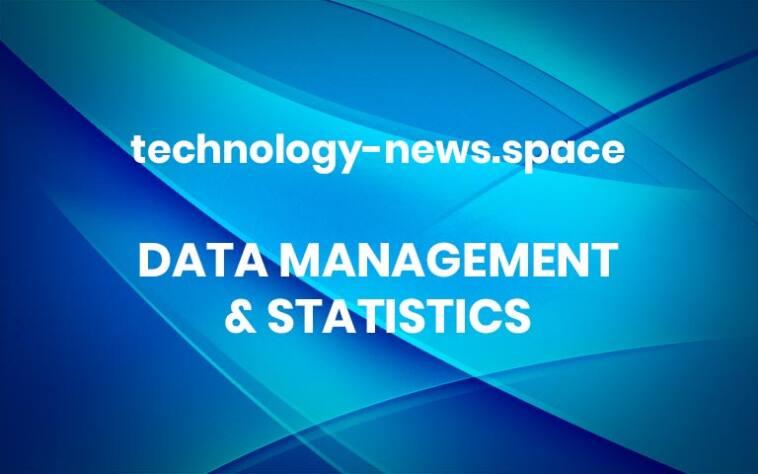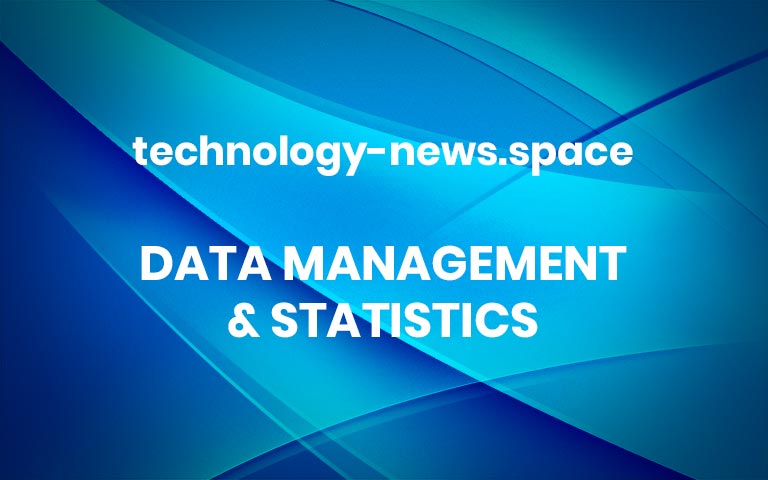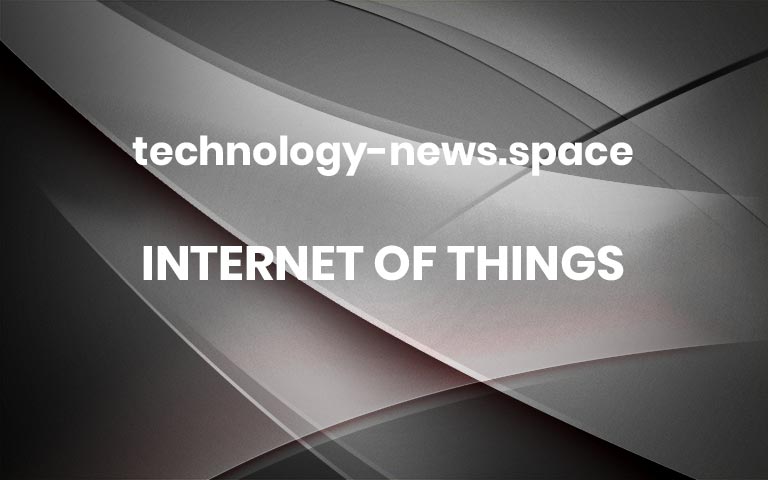Report: CHIPS Act just the first step in addressing threats to US leadership in advanced computing
When Liu He, a Chinese economist, politician, and “chip czar,” was tapped to lead the charge in a chipmaking arms race with the United States, his message lingered in the air, leaving behind a dewy glaze of tension: “For our country, technology is not just for growth… it is a matter of survival.”
Once upon a time, the United States’ early technological prowess positioned the nation to outpace foreign rivals and cultivate a competitive advantage for domestic businesses. Yet, 30 years later, America’s lead in advanced computing is continuing to wane. What happened?
A new report from an MIT researcher and two colleagues sheds light on the decline in U.S. leadership. The scientists looked at high-level measures to examine the shrinkage: overall capabilities, supercomputers, applied algorithms, and semiconductor manufacturing. Through their analysis, they found that not only has China closed the computing gap with the U.S., but nearly 80 percent of American leaders in the field believe that their Chinese competitors are improving capabilities faster — which, the team says, suggests a “broad threat to U.S. competitiveness.”
To delve deeply into the fray, the scientists conducted the Advanced Computing Users Survey, sampling 120 top-tier organizations, including universities, national labs, federal agencies, and industry. The team estimates that this group comprises one-third and one-half of all the most significant computing users in the United States.
“Advanced computing is crucial to scientific improvement, economic growth and the competitiveness of U.S. companies,” says Neil Thompson, director of the FutureTech Research Project at MIT’s Computer Science and Artificial Intelligence Laboratory (CSAIL), who helped lead the study.
Thompson, who is also a principal investigator at MIT’s Initiative on the Digital Economy, wrote the paper with Chad Evans, executive vice president and secretary and treasurer to the board at the Council on Competitiveness, and Daniel Armbrust, who is the co-founder, initial CEO, and member of the board of directors at Silicon Catalyst and former president of SEMATECH, the semiconductor consortium that developed industry roadmaps.
The semiconductor, supercomputer, and algorithm bonanza
Supercomputers — the room-sized, “giant calculators” of the hardware world — are an industry no longer dominated by the United States. Through 2015, about half of the most powerful computers were sitting firmly in the U.S., and China was growing slowly from a very slow base. But in the past six years, China has swiftly caught up, reaching near parity with America.
This disappearing lead matters. Eighty-four percent of U.S. survey respondents said they’re computationally constrained in running essential programs. “This result was telling, given who our respondents are: the vanguard of American research enterprises and academic institutions with privileged access to advanced national supercomputing resources,” says Thompson.
With regards to advanced algorithms, historically, the U.S. has fronted the charge, with two-thirds of all significant improvements dominated by U.S.-born inventors. But in recent decades, U.S. dominance in algorithms has relied on bringing in foreign talent to work in the U.S., which the researchers say is now in jeopardy. China has outpaced the U.S. and many other countries in churning out PhDs in STEM fields since 2007, with one report postulating a near-distant future (2025) where China will be home to nearly twice as many PhDs than in the U.S. China’s rise in algorithms can also be seen with the “Gordon Bell Prize,” an achievement for outstanding work in harnessing the power of supercomputers in varied applications. U.S. winners historically dominated the prize, but China has now equaled or surpassed Americans’ performance in the past five years.
While the researchers note the CHIPS and Science Act of 2022 is a critical step in re-establishing the foundation of success for advanced computing, they propose recommendations to the U.S. Office of Science and Technology Policy.
First, they suggest democratizing access to U.S. supercomputing by building more mid-tier systems that push boundaries for many users, as well as building tools so users scaling up computations can have less up-front resource investment. They also recommend increasing the pool of innovators by funding many more electrical engineers and computer scientists being trained with longer-term US residency incentives and scholarships. Finally, in addition to this new framework, the scientists urge taking advantage of what already exists, via providing the private sector access to experimentation with high-performance computing through supercomputing sites in academia and national labs.
All that and a bag of chips
Computing improvements depend on continuous advances in transistor density and performance, but creating robust, new chips necessitate a harmonious blend of design and manufacturing.
Over the last six years, China was not known as the savants of noteworthy chips. In fact, in the past five decades, the U.S. designed most of them. But this changed in the past six years when China created the HiSilicon Kirin 9000, propelling itself to the international frontier. This success was mainly obtained through partnerships with leading global chip designers that began in the 2000s. Now, China now has 14 companies among the world’s top 50 fabless designers. A decade ago, there was only one.
Competitive semiconductor manufacturing has been more mixed, where U.S.-led policies and internal execution issues have slowed China’s rise, but as of July 2022, the Semiconductor Manufacturing International Corporation (SMIC) has evidence of 7 nanometer logic, which was not expected until much later. However, with extreme ultraviolet export restrictions, progress below 7 nm means domestic technology development would be expensive. Currently, China is only at parity or better in two out of 12 segments of the semiconductor supply chain. Still, with government policy and investments, the team expects a whopping increase to seven segments in 10 years. So, for the moment, the U.S. retains leadership in hardware manufacturing, but with fewer dimensions of advantage.
The authors recommend that the White House Office of Science and Technology Policy work with key national agencies, such as the U.S. Department of Defense, U.S. Department of Energy, and the National Science Foundation, to define initiatives to build the hardware and software systems needed for important computing paradigms and workloads critical for economic and security goals. “It is crucial that American enterprises can get the benefit of faster computers,” says Thompson. “With Moore’s Law slowing down, the best way to do this is to create a portfolio of specialized chips (or “accelerators”) that are customized to our needs.”
The scientists further believe that to lead the next generation of computing, four areas must be addressed. First, by issuing grand challenges to the CHIPS Act National Semiconductor Technology Center, researchers and startups would be motivated to invest in research and development and to seek startup capital for new technologies in areas such as spintronics, neuromorphics, optical and quantum computing, and optical interconnect fabrics. By supporting allies in passing similar acts, overall investment in these technologies would increase, and supply chains would become more aligned and secure. Establishing test beds for researchers to test algorithms on new computing architectures and hardware would provide an essential platform for innovation and discovery. Finally, planning for post-exascale systems that achieve higher levels of performance through next-generation advances would ensure that current commercial technologies don’t limit future computing systems.
“The advanced computing landscape is in rapid flux — technologically, economically, and politically, with both new opportunities for innovation and rising global rivalries,” says Daniel Reed, Presidential Professor and professor of computer science and electrical and computer engineering at the University of Utah. “The transformational insights from both deep learning and computational modeling depend on both continued semiconductor advances and their instantiation in leading edge, large-scale computing systems — hyperscale clouds and high-performance computing systems. Although the U.S. has historically led the world in both advanced semiconductors and high-performance computing, other nations have recognized that these capabilities are integral to 21st century economic competitiveness and national security, and they are investing heavily.”
The research was funded, in part, through Thompson’s grant from Good Ventures, which supports his FutureTech Research Group. The paper is being published by the Georgetown Public Policy Review. More




